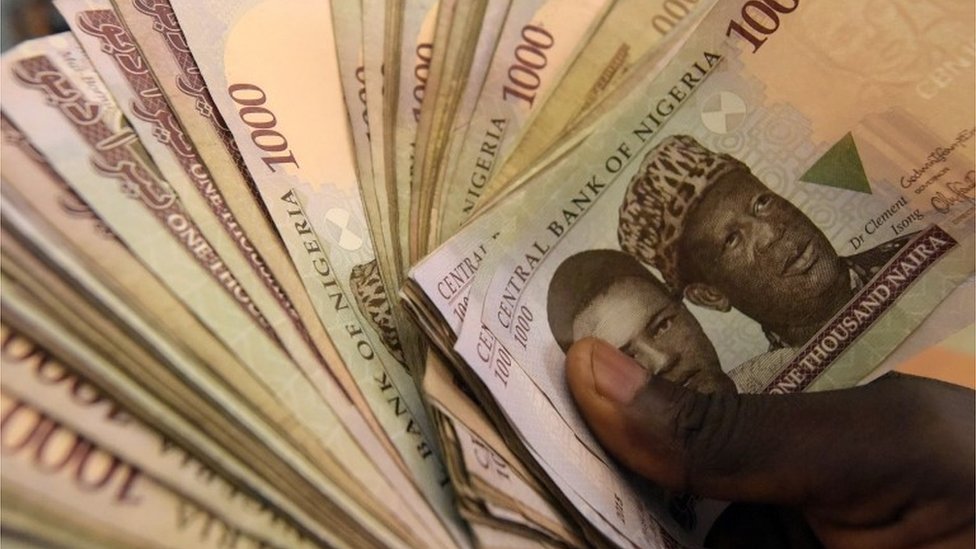
Nigeria’s money supply (M2) rose by 18.3% year-on-year (YoY) to N110.97 trillion in January 2025, up from N93.77 trillion in the same period of 2024, driven by increased savings in investment instruments.
According to the latest Money and Credit Statistics report released by the Central Bank of Nigeria (CBN), the surge in money supply was primarily fueled by a 21% increase in Quasi Money—which includes savings accounts, treasury bills, money market instruments, and foreign currency deposits.
Breakdown of Key Monetary Trends
The report revealed the following year-on-year increases across various financial indicators:
- Quasi Money grew by 21% YoY to N74.07 trillion, up from N61.2 trillion in January 2024.
- Demand Deposits increased by 13.6% YoY to N32.15 trillion, up from N28.3 trillion.
- Currency outside banks jumped by 44.5% YoY to N4.74 trillion, compared to N3.28 trillion in January 2024.
- Narrow Money (M1) expanded by 16.7% YoY to N36.9 trillion, up from N31.6 trillion.
Government Borrowing and Public Debt Rise
Alongside the expansion in money supply, the report also highlighted a 6% quarter-on-quarter (QoQ) increase in Nigeria’s total public debt, reaching N142.3 trillion in Q3 2024, according to the Debt Management Office (DMO).
Furthermore, credit to the government (government borrowing) rose by 54% YoY to N24.51 trillion in January 2025, up from N23.51 trillion the previous year.
However, credit to the private sector declined by 2.09% YoY to N74.9 trillion, down from N76.5 trillion in January 2024. As a result, net domestic credit dipped by 0.5% YoY to N99.4 trillion, compared to N99.9 trillion in the same period of 2024.
Expert Analysis on Fiscal Stability
Analysts at Cowry Asset Management Limited attributed the increase in public debt to Nigeria’s widening fiscal deficit, fueled by budgetary shortfalls and the continued depreciation of the naira.
They noted: “Additionally, domestic debt issuance by the DMO to finance fiscal gaps contributed significantly to the rising debt stock.”
The analysts warned that Nigeria’s fiscal position remains fragile, emphasizing that without structural reforms and effective revenue diversification, economic stability risks will persist.
Economic Outlook
With rising money supply, increased government borrowing, and declining private sector credit, financial experts urge policymakers to implement strong fiscal and monetary policies to sustain economic growth while mitigating inflationary pressures.
